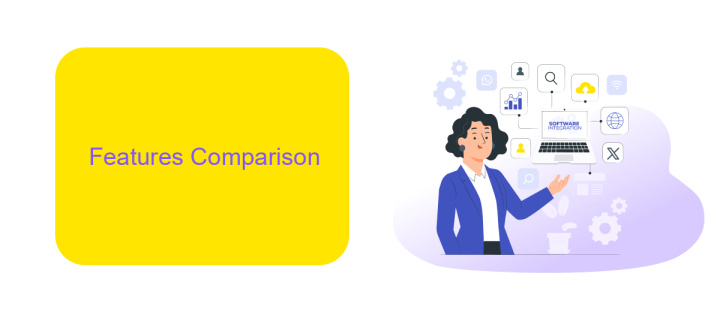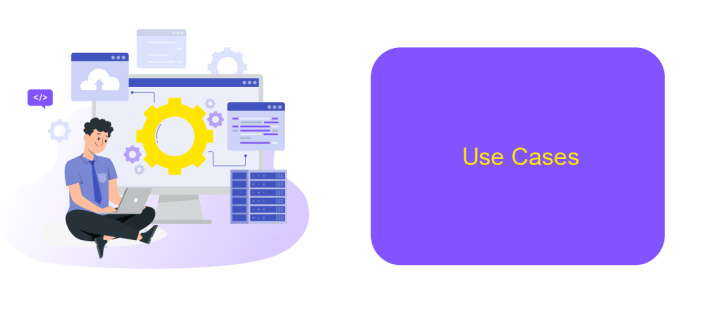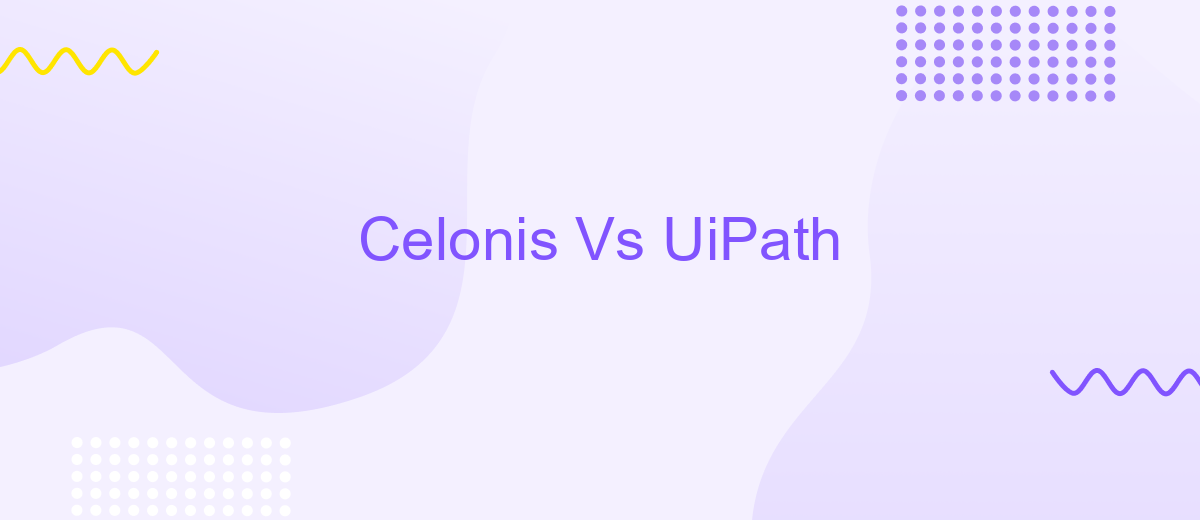Celonis Vs UiPath
In the rapidly evolving landscape of process automation and optimization, Celonis and UiPath have emerged as leading contenders. Both platforms offer powerful tools to enhance business efficiency, but they cater to different aspects of automation. This article delves into a comparative analysis of Celonis and UiPath, highlighting their unique features, strengths, and potential use cases to help organizations make informed decisions.
Introduction
In the ever-evolving landscape of business process automation, two prominent players have emerged: Celonis and UiPath. Both platforms offer robust solutions for optimizing workflows and enhancing operational efficiency. However, understanding the fundamental differences between these tools is crucial for businesses aiming to select the right platform for their specific needs.
- Celonis: Specialized in process mining and analytics, providing deep insights into existing workflows.
- UiPath: Focused on robotic process automation (RPA), enabling the automation of repetitive tasks through software robots.
Choosing between Celonis and UiPath depends on the unique requirements of your organization. For those looking to integrate these platforms seamlessly, ApiX-Drive offers valuable services to streamline the integration process, ensuring that businesses can leverage the strengths of both Celonis and UiPath effectively. By understanding their core functionalities and integration capabilities, companies can make informed decisions to drive efficiency and innovation.
Features Comparison

When comparing Celonis and UiPath, it's essential to highlight their distinctive features. Celonis excels in process mining, offering deep insights into business processes by analyzing event logs. This enables organizations to identify inefficiencies and optimize workflows. On the other hand, UiPath focuses on robotic process automation (RPA), providing tools to automate repetitive tasks across various applications. UiPath's user-friendly interface and extensive library of pre-built automation components make it accessible for both technical and non-technical users.
Integration capabilities are another critical aspect. Celonis integrates seamlessly with various enterprise systems to gather data, while UiPath offers robust integration options through its platform, including API-based integrations. For businesses looking to streamline their integrations, services like ApiX-Drive can be invaluable. ApiX-Drive simplifies the process of connecting different software applications, ensuring smooth data flow and enhancing the overall efficiency of both Celonis and UiPath implementations. Ultimately, the choice between Celonis and UiPath depends on the specific needs of the organization, whether it's process optimization or task automation.
Market Share

In the rapidly evolving field of process automation, market share is a crucial metric to understand the dominance and reach of key players like Celonis and UiPath. Both companies have carved out significant portions of the market, but their approaches and focus areas differ.
- Celonis: Specializing in process mining, Celonis has captured a substantial share by helping businesses visualize and optimize their processes. Their strong analytics capabilities have made them a preferred choice for organizations looking to enhance operational efficiency.
- UiPath: Renowned for its robotic process automation (RPA) solutions, UiPath commands a significant market share by automating repetitive tasks and workflows. Their user-friendly platform and extensive bot library have attracted a wide range of industries.
Both Celonis and UiPath continue to expand their market presence through strategic partnerships and continuous innovation. For instance, services like ApiX-Drive facilitate seamless integration between different systems, further enhancing the capabilities of both platforms. As the demand for automation grows, the market share of these industry leaders is expected to rise, driven by their ability to adapt and meet evolving business needs.
Use Cases

Celonis and UiPath are two powerful platforms that serve different purposes but can complement each other in various use cases. Celonis focuses on process mining, providing deep insights into business processes, while UiPath excels in robotic process automation (RPA), automating repetitive tasks.
Businesses can leverage Celonis to identify inefficiencies in their workflows and then use UiPath to automate these processes, leading to significant time and cost savings. For example, a company can use Celonis to pinpoint bottlenecks in their order processing system and then deploy UiPath bots to streamline these tasks.
- Financial Services: Automate compliance checks and streamline loan processing.
- Healthcare: Enhance patient data management and automate appointment scheduling.
- Manufacturing: Optimize supply chain processes and automate inventory management.
- Customer Service: Improve response times by automating ticket handling and resolution.
For seamless integration between Celonis and UiPath, services like ApiX-Drive can be utilized. ApiX-Drive allows for easy integration without the need for extensive coding, enabling businesses to synchronize data and automate workflows efficiently. This integration further enhances the capabilities of both platforms, providing a holistic approach to process optimization and automation.
Conclusion
In conclusion, both Celonis and UiPath offer robust solutions for process automation and optimization, catering to different aspects of business needs. Celonis excels in process mining and providing detailed insights into business processes, enabling companies to identify inefficiencies and optimize their workflows. On the other hand, UiPath is renowned for its comprehensive robotic process automation (RPA) capabilities, allowing businesses to automate repetitive tasks and improve operational efficiency.
Choosing between Celonis and UiPath ultimately depends on the specific requirements of your organization. For businesses seeking to gain a deeper understanding of their processes and enhance decision-making through data-driven insights, Celonis is an excellent choice. Conversely, if the goal is to automate routine tasks and streamline operations, UiPath stands out as the preferred option. Additionally, integrating these platforms with other tools and services, such as ApiX-Drive, can further enhance their functionality by enabling seamless data transfer and automation across various applications.


FAQ
What are the primary differences between Celonis and UiPath?
Can Celonis and UiPath be used together?
Which tool is better for process optimization?
Is it difficult to integrate Celonis with UiPath?
What industries benefit most from using Celonis and UiPath?
Apix-Drive is a universal tool that will quickly streamline any workflow, freeing you from routine and possible financial losses. Try ApiX-Drive in action and see how useful it is for you personally. In the meantime, when you are setting up connections between systems, think about where you are investing your free time, because now you will have much more of it.

